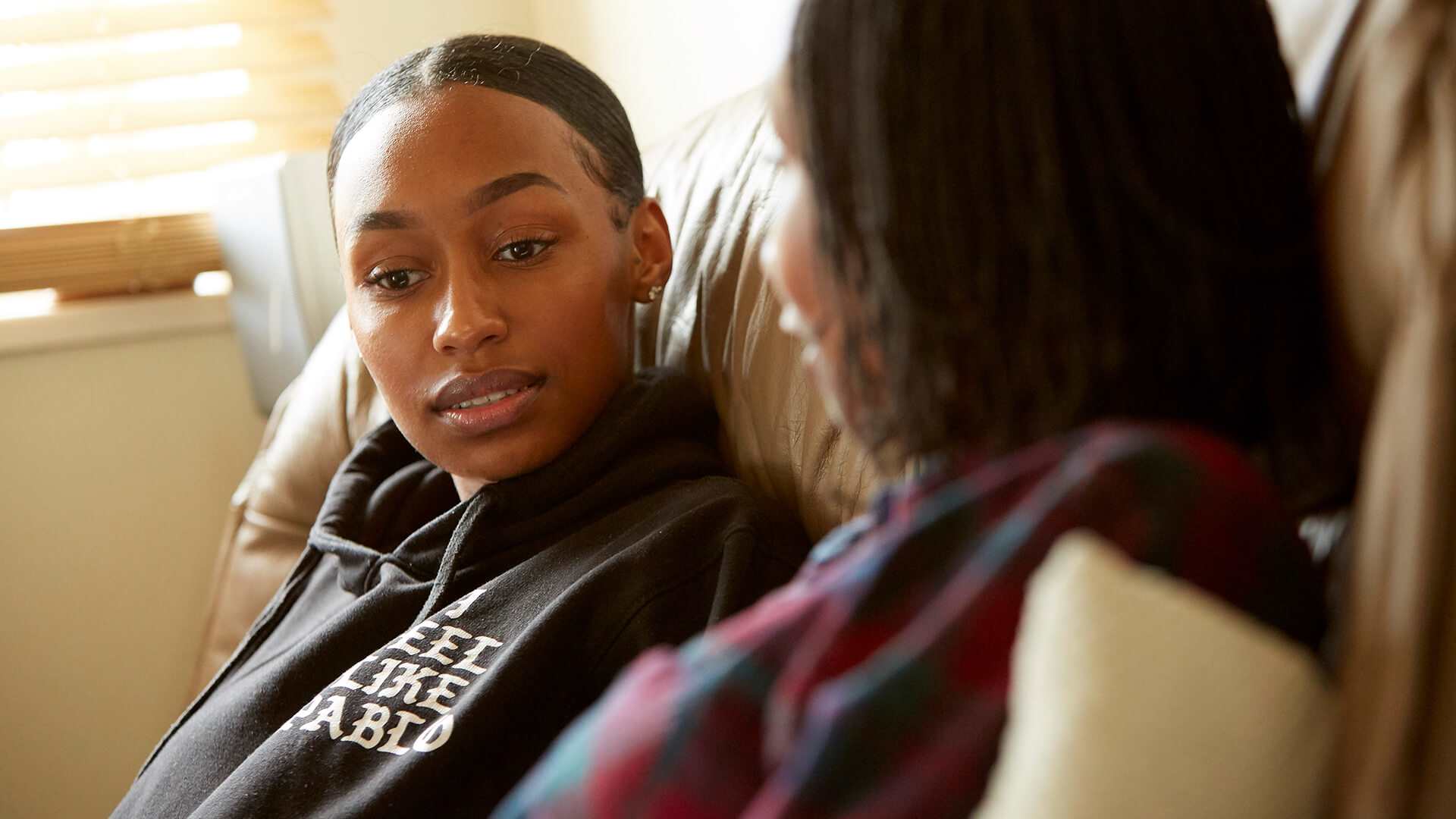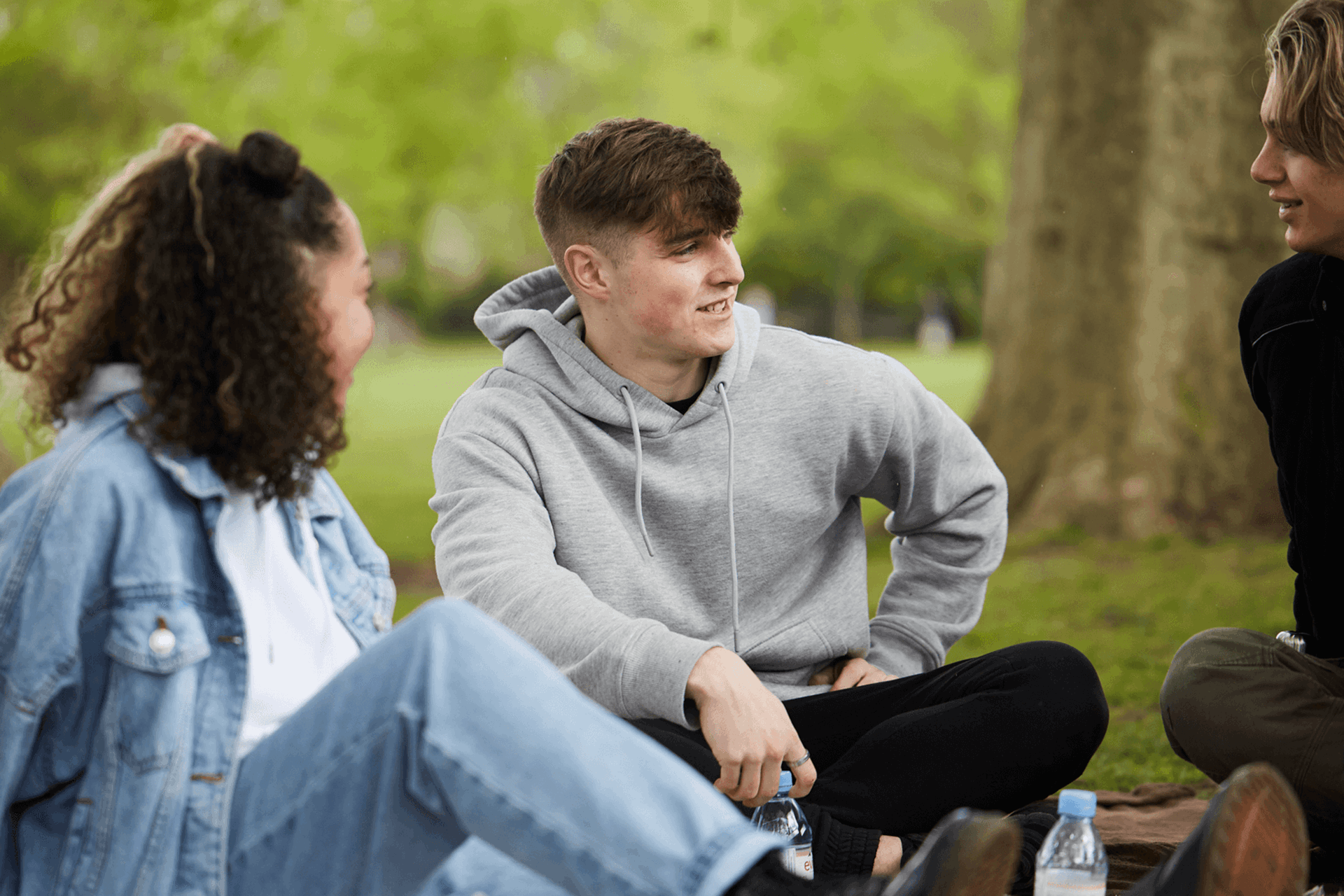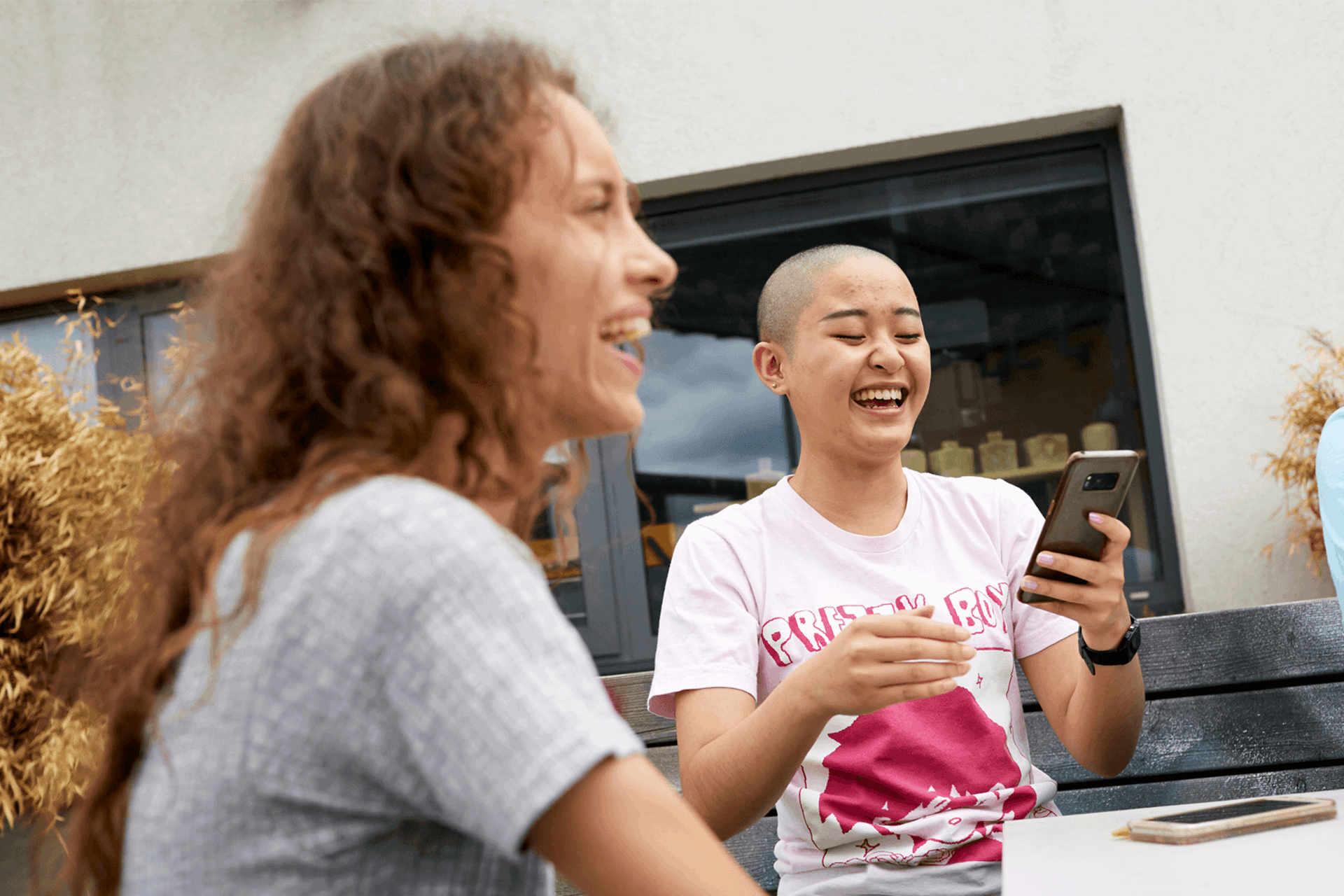Topics mentioned: PTSD, self-esteem
About: If something doesn't feel right to you, it's important to reach out for help. Our blogger explains how validating her feelings led her to seek support for complex PTSD.
Dismissing my feelings/instincts like this failed to serve my wellbeing.
It can be very difficult to navigate our emotional world. It becomes even harder when we start to minimise emotional experiences through comparison to others. Often, we dismiss our feelings as dramatic/off-the-mark/exaggerated because 'other people have it worse.' Or, because we have never sought professional help, we continue to ignore the fact that something does not feel right.
I myself have struggled with this - constantly invalidating myself about several problems while feeling deep down that there was some weight to them. It became a blatant issue, in my own life, while contemplating childhood trauma.
What is complex PTSD?
Last year, I came across the term complex post-traumatic stress disorder (CPTSD). According to the NHS website:
- feelings of worthlessness/shame/guilt
- problems controlling your emotions
- finding it hard to feel connected with others
- relationship issues
- childhood abuse/neglect/abandonment
- ongoing domestic violence
- sexual abuse
After making this discovery, I felt I related with the term at first - it brought clarity to my once unexplainable feelings/behaviours. Likewise, given my turbulent childhood, it made sense that CPTSD could have started during adolescence. But for some reason, this wasn’t enough.
You have a right to your thoughts and feelings. Your feelings are always valid.
At that point in time, I had never approached therapy from the angle of childhood trauma – possibly due the guilt/fear/shame I carried about “bad mouthing” or “blaming” my parents. As a result, I felt dishonest in claiming to relate to the term and those who suffer with CPTSD.
Although I presented with every trait/behaviour - and felt validated on an emotional level by my discovery - I continued ignoring my instincts.
On top of this, I struggled to grapple with the stigma that “childhood trauma” always involves overt abuse, violence or physical neglect. I had not been subjected to any of those things, so I continued to doubt and question myself.
Surely only children with “bad parents” could develop CPTSD? Perhaps my childhood wasn’t bad enough, especially compared to others?
In the end, I came to the conclusion (as we so often do) that 'other people have it worse.' Once again, I felt guilty for even considering the fact I had suffered.
Hoping to find answers, I began reading accounts of CPTSD online – actively comparing my life experiences with those of the individuals that had posted. In the end, I came to the conclusion (as we so often do) that 'other people have it worse.' Once again, I felt guilty for even considering the fact I had suffered.
Unsurprisingly, dismissing my feelings/instincts like this failed to serve my wellbeing. I spent so long cycling between resonating with CPTSD and doubting whether the term was relevant to me at all. It was an incredibly draining process which only put the breaks on my healing.
After some time, I realised I must stop seeking external validation via Reddit/Google and validate myself from within. In order to do this, I began using affirmations to build trust in myself, such as:
How I challenge invalidating thoughts
Over time, I gradually began not only trusting my intuition about early childhood experiences, but validating my feelings more effectively on the whole. I continued to untangle myself from invalidating thoughts by challenging them with an alternative. For example:
-
Invalidating thought
- 'it could be worse'
- 'I shouldn't feel this way'
- 'I'm probably overreacting'
-
Validating alternative
- 'it feels harmful to me'
- 'I welcome all my feelings'
- 'I have a right to my feelings about this situation'
I found this process to be most useful in understanding my emotions as well as improving my self-worth by honouring my feelings. During times of doubt, I checked in with myself about how my childhood/current lifestyle felt to me. Ultimately, this inspired me to seek out therapy for CPTSD and gather additional resources to support my healing.
So, for anyone reading this article and struggling to validate themselves – pay attention to your instincts. In all situations, it is important to honour and value how you are feeling. If something does not feel right to you, it deserves to be looked into further – we all deserve support.
If you constantly 'play down' your suffering, as I did, I strongly recommend making a list of your most common invalidating thoughts alongside a validating alternative – check in with yourself regularly and allow yourself space to feel your feelings.
Please voice any concerns to your GP/mental health practitioner to start your recovery.
You deserve support
Finally, for anyone reading this article who thinks they may be suffering with CPTSD, please voice any concerns to your GP/mental health practitioner to start your recovery and gain professional help – you deserve support.
I also highly recommend both Tim Fletcher and Dr Kim Sage’s YouTube videos as a starting point to learn more about this CPTSD. Also, Pete Walker’s book “CPTSD: From Surviving to Thriving” has been extremely useful.
More information and advice
We have tips and advice to help you find the support you need. Take a look at our guides.
Where to get help
However you're feeling, there are people who can help you if you are struggling. Here are some services that can support you.
-
Childline
If you’re under 19 you can confidentially call, chat online or email about any problem big or small.
Sign up for a free Childline locker (real name or email address not needed) to use their free 1-2-1 counsellor chat and email support service.
Can provide a BSL interpreter if you are deaf or hearing-impaired.
Hosts online message boards where you can share your experiences, have fun and get support from other young people in similar situations.
- Opening times:
- 24/7
-
Shout
Text SHOUT to 85258.
Shout provides free, 24/7 text support for young people across the UK experiencing a mental health crisis.
All texts are answered by trained volunteers, with support from experienced clinical supervisors.
Texts are free from EE, O2, Vodafone, 3, Virgin Mobile, BT Mobile, GiffGaff, Tesco Mobile and Telecom Plus.
Texts can be anonymous, but if the volunteer believes you are at immediate risk of harm, they may share your details with people who can provide support.
- Opening times:
- 24/7






